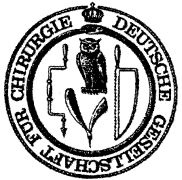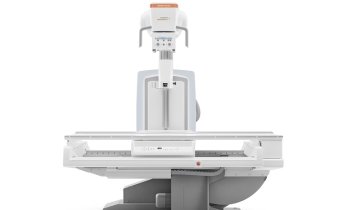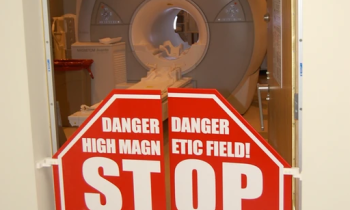Knowing the right procedure
DGCH promotes studies for evidence-based medicine (EbM) in surgery to establish guidelines.

Research from the USA and The Netherlands has shown that 30-40% of patients do not receive the scientifically proven best treatment for their condition, and about 25% of patients receive unnecessary treatment. Evidence-based medicine (EbM) serves to evaluate the use of diagnostic and therapeutic services. In an ideal case it ensures patients always receive the best possible medical treatment, the DGCH points out. ‘Researchers also identify ineffective or less effective therapies through relevant studies. All of which could save patients receiving unnecessary, ineffective or even damaging treatment and cut costs for healthcare systems.
EbM also can be used as a record of the effectiveness, or superiority, of an operative procedure.’ However, Professor Bauer, secretary general of the DGCH in Berlin, points out: ‘Essential progress in surgery has so far rarely been achieved through methods used in evidence-based medicine.’
Researchers mainly obtain scientific evidence through examinations of different, randomly distributed patient groups - so-called randomised controlled studies (RCTs). These are generally carried out ‘blind’: Neither doctors, nor patients, are aware which medication is being tested, which produces constant test conditions and forms the basis for meaningful comparisons. In 2000, a survey of clinical studies of surgery showed the percentage of RCTs to be only 2.8%. Of course, in surgery it is almost impossible to ‘blind’ patients and doctors. What can be achieved in drug trials using placebos can hardly be replicated as ‘pretend’ surgical operations. That would be unethical.
With its study centre (SDGC) and linked network of five regional centres (CHIR-Net) the DGCH promotes large, multicentre clinical studies in surgery. ‘The necessary repeatability and comparability of procedures require a high degree of standardisation, not only for the surgical operation but also for the entire peri-operative treatment regime,’ Professor Bauer explains. The SDGC is able to meet these complex scientific, methodical and ethical requirements by carrying out national studies. In this way, the DGCH promotes patient-oriented research in Germany and contributes to the realisation of treatment procedures with proven effect and evident benefit for patients.
Source: www.dgch.de
01.05.2007









